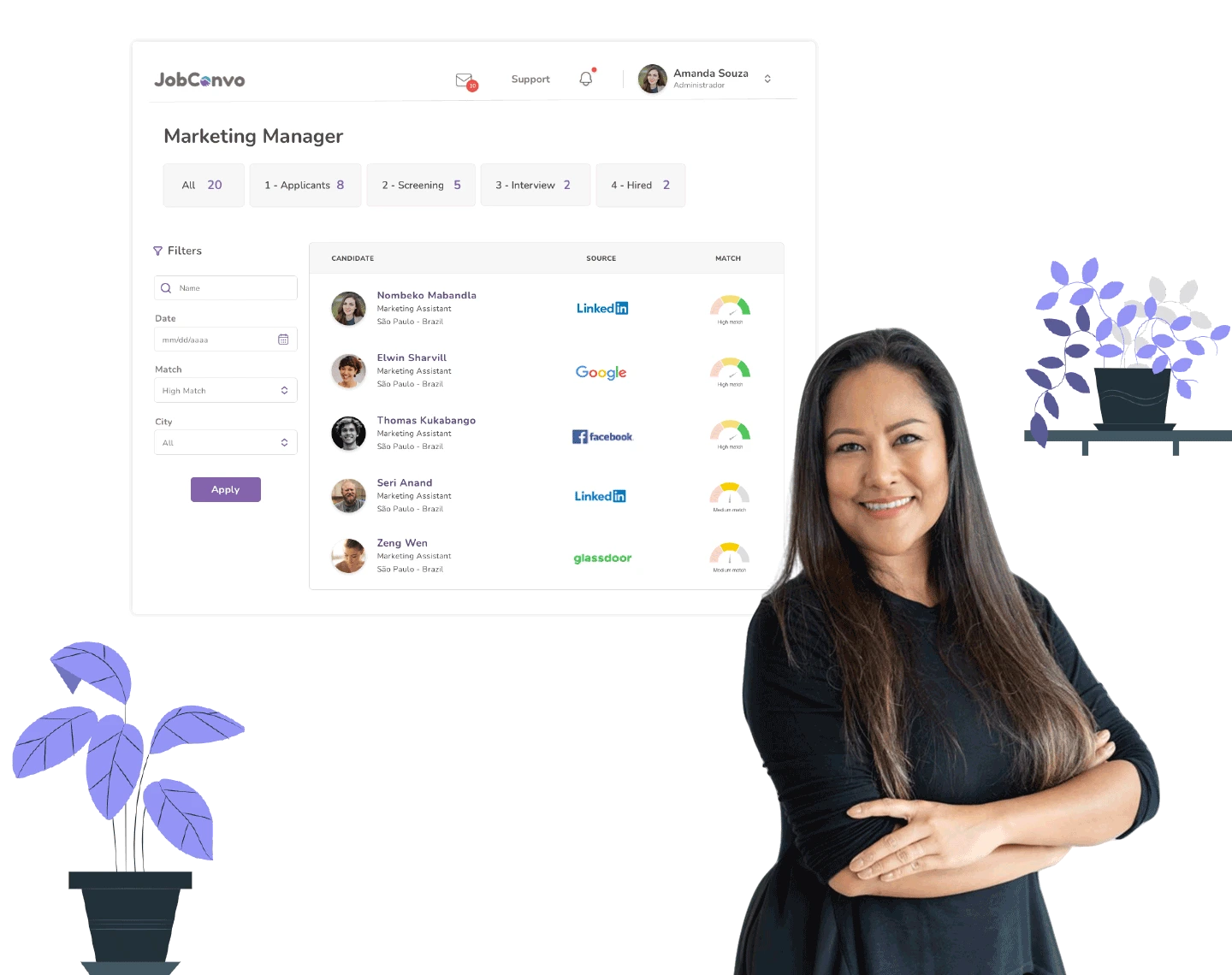Utilizing Technology: The Essential Role of Staffing Platforms in Human Administration

Within today’s fast-paced business environment, securing the right talent is imperative for companies striving to maintain a competitive edge. As organizations adapt to evolving market needs and technological advancements, the role of recruitment software has emerged a critical factor in enhancing talent management strategies. By simplifying the hiring process, recruitment software not only simplifies the tasks of recruiters but also improves the candidate experience, ultimately resulting in better hiring decisions.
Recruitment software offers a holistic solution for managing the challenges of talent acquisition. From automating job postings to tracking applicant progress, these tools provide essential insights that enable hiring teams to function more efficiently. By utilizing technology, companies can shorten time-to-hire, improve candidate quality, and cultivate a proactive approach to workforce planning, guaranteeing they attract the top talent present in the market.
Benefits of Recruitment Software
Recruitment software simplifies the hiring process, making it more efficient for companies of all sizes. One of the primary advantages is the automation of routine tasks, such as filtering resumes and coordinating interviews. This enables recruitment teams to focus on more important aspects of talent acquisition, such as engaging with candidates and establishing relationships. By minimizing the administrative burden, companies can significantly shorten the hiring time and guarantee they do not miss out on top talent.
Moreover, recruitment software improves collaboration within hiring teams. With shared access to candidate details and feedback, team members can provide insights and evaluations with ease. This transparency leads to informed decision-making and helps ensure that the most qualified candidates move through the hiring pipeline. Such collaboration cultivates a inclusive hiring process, ultimately improving the quality of hires.

Also, data-informed insights provided by recruitment software allow companies to improve their hiring strategies. By analyzing metrics such as source performance, candidate demographics, and time spent in specific hiring stage, organizations can identify trends and improve their recruitment efforts. This analytical capability not only aids in making superior hiring decisions but also helps in matching recruitment strategies with overall business goals, leading to a more focused approach to talent management.
Key Features to Look For
When picking software for hiring, it's crucial to consider user-friendliness as a top priority. An easy-to-use interface can substantially enhance the hiring process, permitting team members to interact with the system with comfort. A software solution that minimizes training time and increases efficiency enables recruiters to concentrate on strategic talent acquisition rather than getting bogged down by difficult-to-use technology. Features like tailored dashboards and straightforward navigation can improve the overall user experience.
Integration capabilities are an additional essential aspect to evaluate. Effective recruitment software should effortlessly integrate with existing HR systems, applicant tracking systems, and various job boards. This ability to work together ensures that data moves efficiently between platforms, reducing the risk of errors and saving time on manual data entry. Search for software that supports API integrations to facilitate future scalability as organizational requirements change.
Lastly, advanced analytics and reporting tools should be a crucial feature in any recruitment software you review. These tools enable companies to analyze metrics related to candidate sourcing, interview performance, and overall hiring timelines. By harnessing these insights, organizations can make informed decisions that improve their recruitment strategies. Being able to evaluate the success of different recruitment channels helps in optimizing the hiring process for superior outcomes.
Effect on Human Resource Management
Recruitment software plays a pivotal role in shaping talent management practices within companies. By simplifying the hiring process, these tools help companies to secure and hold onto top talent more effectively. With software for recruitment as resume parsing, applicant tracking, and automated messaging, recruitment software makes easier administrative burdens, allowing HR teams to concentrate on building relationships with job applicants and creating a great candidate experience.
Moreover, recruitment software improves data-driven decision-making in talent management. By providing valuable insights into hiring statistics and patterns, organizations can evaluate the impact of their recruitment methods. This ability allows companies to adjust their methods based on up-to-date data, ultimately synchronizing their talent acquisition efforts with company objectives. Enhanced analytics also help identify skills deficiencies and inform workforce planning programs, ensuring that companies maintain a advantage in the market.
Finally, incorporating recruitment software into the talent management system encourages cooperation across departments. When hiring managers and HR teams utilize the same platform, interactions enhances, and everyone participating in the hiring process remains coordinated. This integrated approach encourages a better understanding of company requirements, leading to more considered hiring decisions that correspond with the corporate culture and values. Ultimately, recruitment software not only supports streamlined hiring but also aligns talent management practices with broader company objectives.
